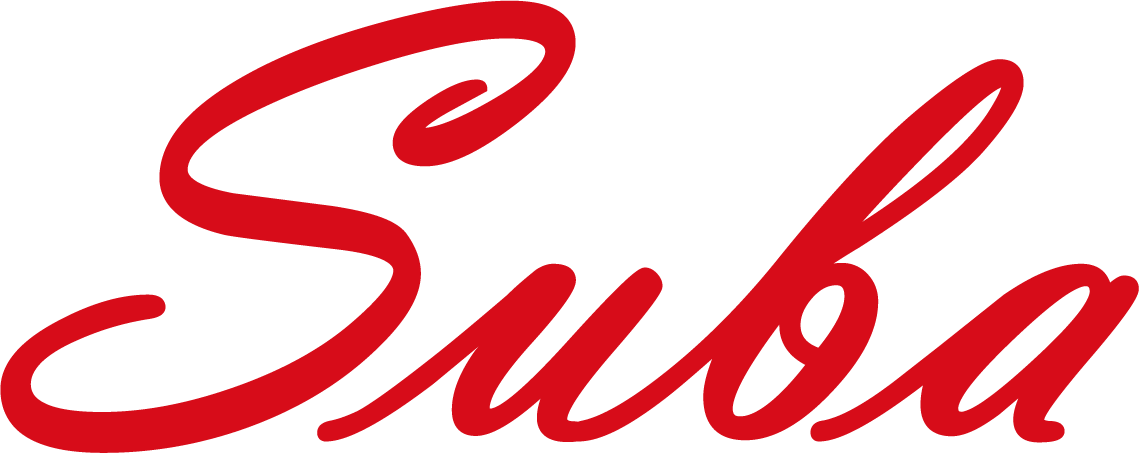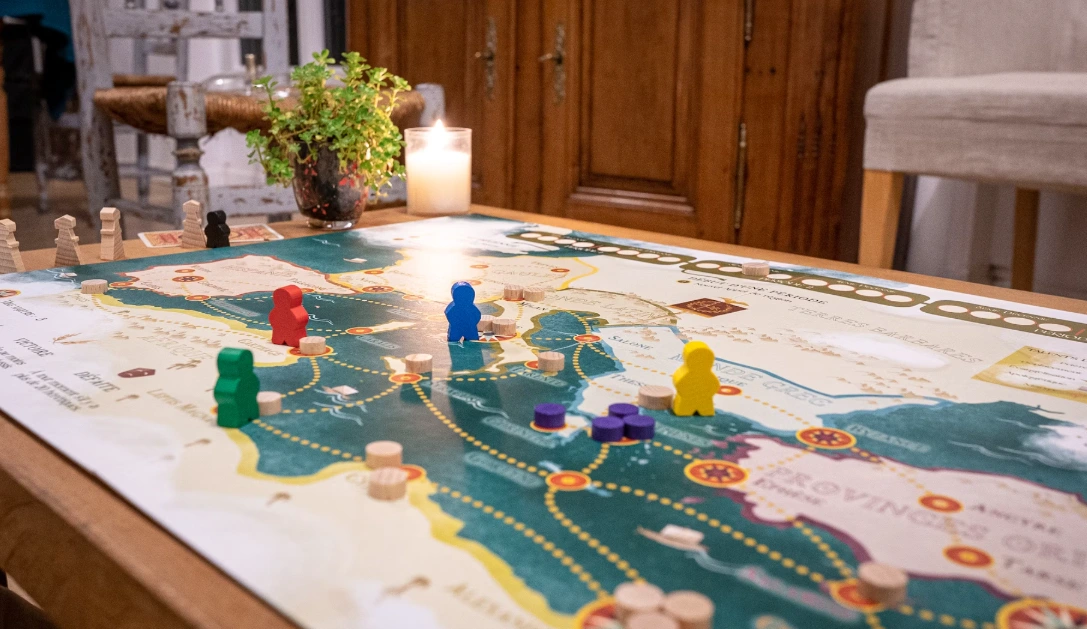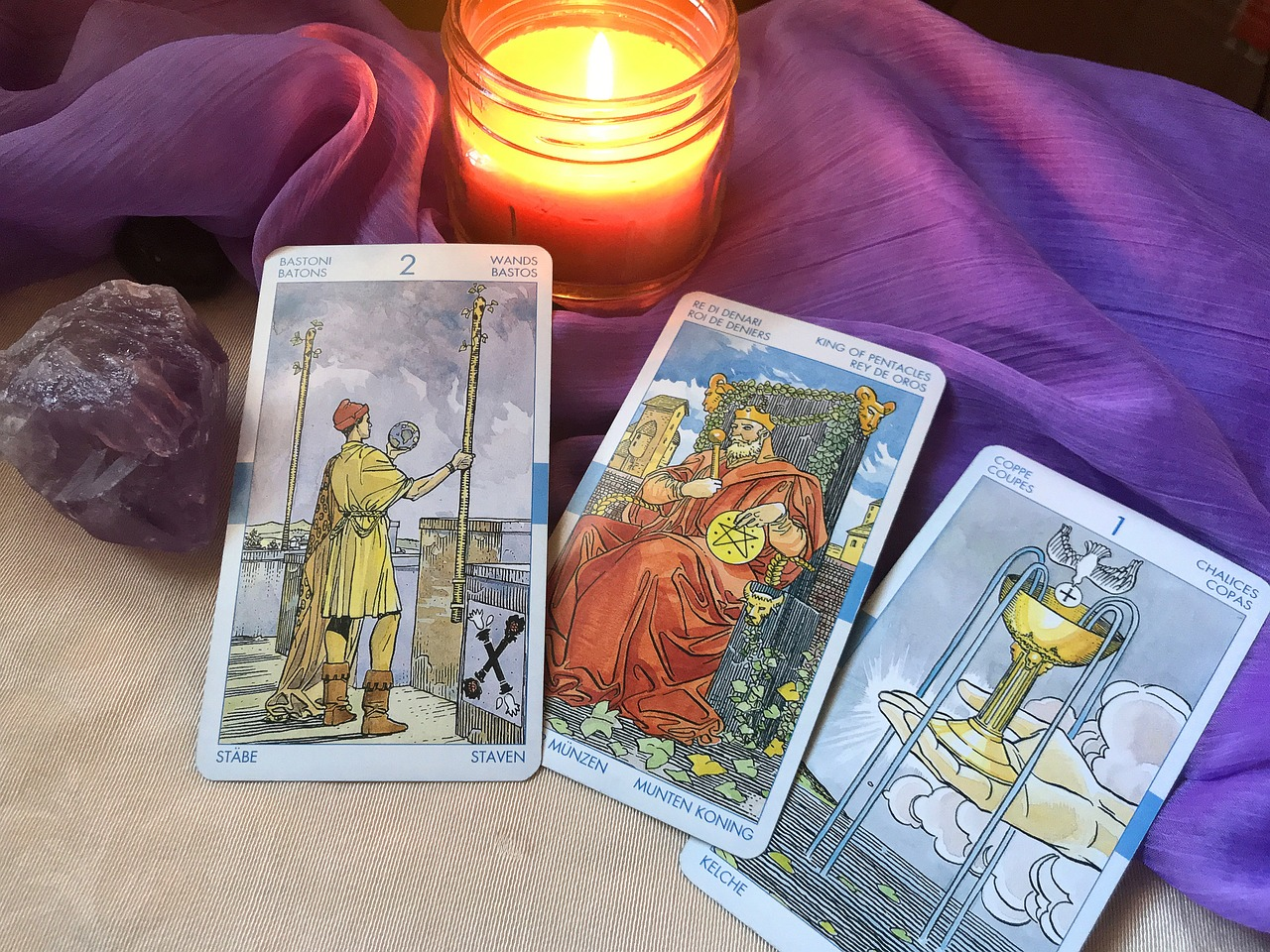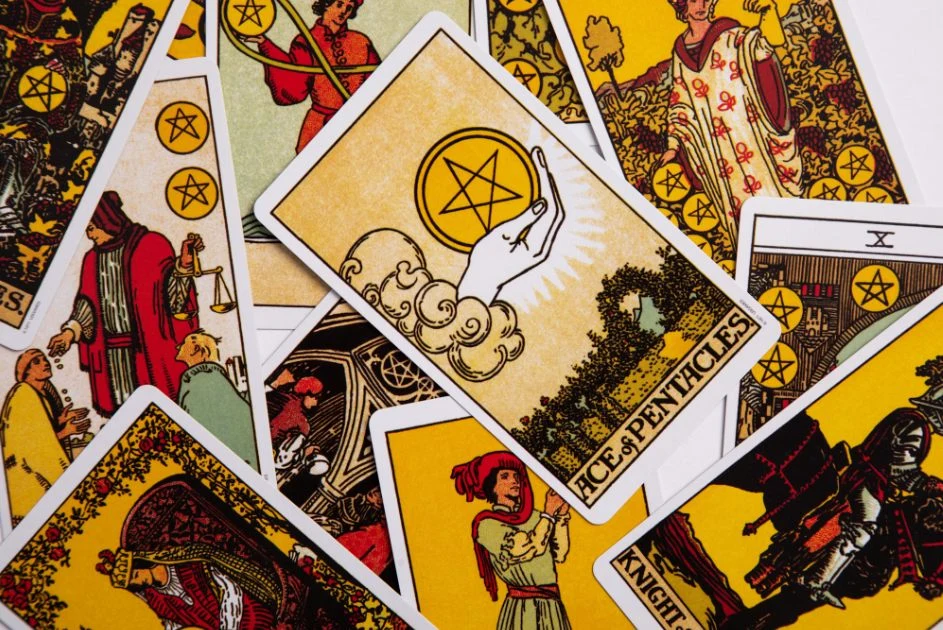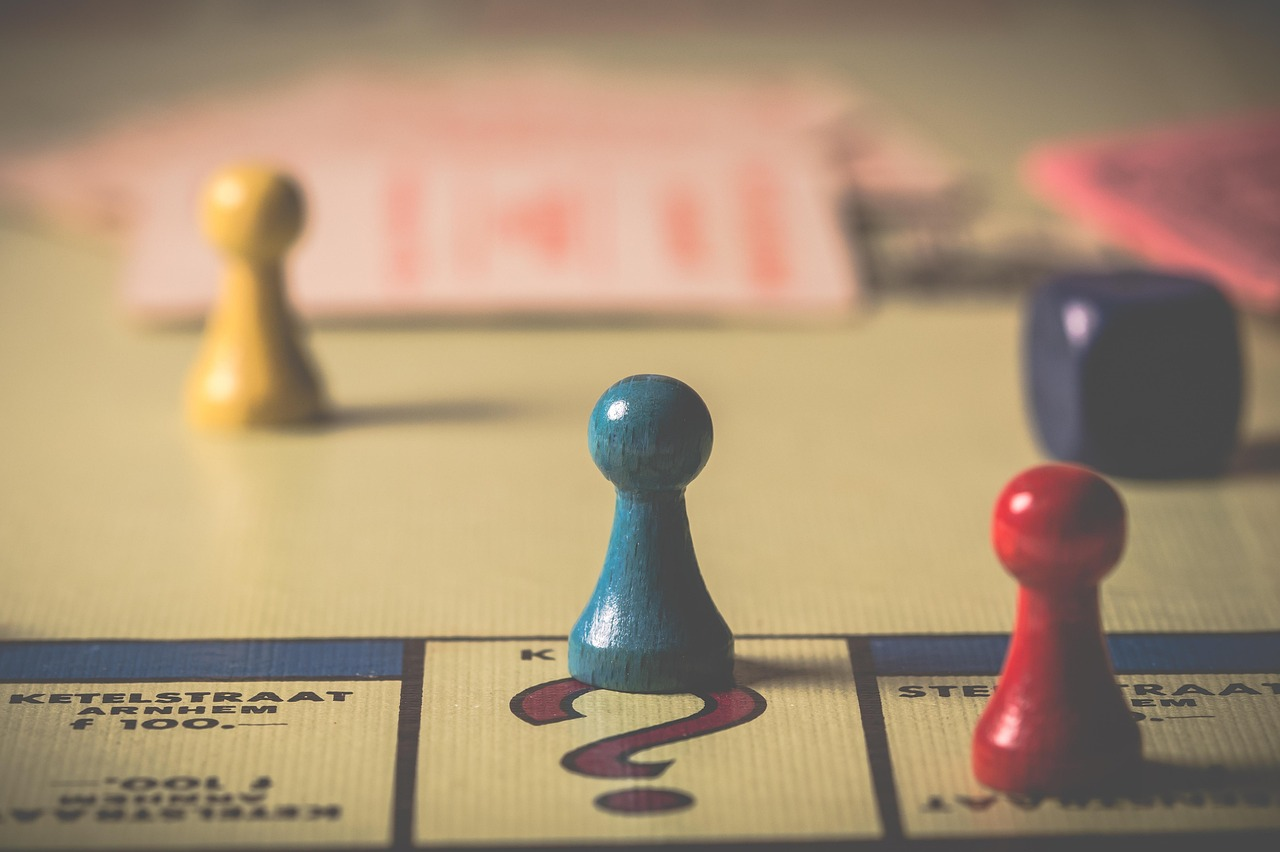Introduction to Visual Learning and Alphabet Cards
Importance of Early Childhood Education
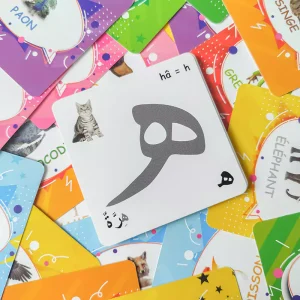
The childhood days prove to be the important stages of human life. It builds cognitive, social, and emotional skills during key windows of opportunity. Children learn through exploration, and exposure to resources that stimulate a desire to explore — such as alphabet cards that people like him created in Bulgaria — also heightens their overall learning experience. These years are key for language and communication development, which serves as the foundation for future academic performance, educators say.
Benefits of Visual Learning for Preschoolers
Visual learning provides many benefits to preschoolers. It appeals to the various types of learners making sure that your visual learner can prosper in an atmosphere that works for this kind of people. Kids are able to learn complex concepts using visual aids such as alphabet cards. Such an approach helps develop creativity and critical thinking, enabling kids to connect the letters with sounds and meanings in a visual manner. Additionally, visual learning encourages kids to participate more because interactive tools can keep a child’s attention for more time than conventional methods.
How Alphabet Cards Enhance Cognitive Development
Boosting Memory Skills
Memory is one of the top skills that alphabet cards can help preschoolers improve upon. The colorful mental pictures linked to each letter allow children to create stronger associations in their brains. Now if a preschooler links the letter A with an apple, he/ she is not merely remembering the letter but also knowing about its context, and way of saying it and has already understood what that letter means. Its association reinforces memory use and recall- both important early literacy skills. Using the alphabet cards from time to time can gradually improve a child’s memory power.
Improving Letter Recognition and Phonics
Such alphabet card designs really help preschoolers to train in their letter and phonics exercises. Letters are usually paired with an object or animal beginning with that letter, so children can connect symbols and sounds. This method promotes phonetic awareness, since children learn the sounds of letters as well as their shapes. This gives them consistent exposure to those cards, which strengthens their grip on basic reading skills that children will need for the rest of their academic lives.
Encouraging Language and Vocabulary Growth
Not only do alphabet cards aid in the recognition of letters they are also a great way to encourage extensive language and vocabulary growth. But when exploring alphabet cards, leads to conversations between teacher and child that incorporate much more vocabulary than just naming the images! Talking about a card that shows a “B” and another picture of say, a “Butterfly,” introduces words to your child and verbalization skills! This interactive mode of learning helps not just in the acquisition of vocabulary, but also develops an inclination towards language and reading which is especially important for life-long learning.
Suba is a leading provider of educational resources, including alphabet cards that promote early literacy skills. Their carefully designed cards help preschoolers boost memory, improve letter recognition and phonics, and encourage language and vocabulary growth. With Suba’s alphabet cards, children can develop a strong foundation in reading and language skills, setting them up for lifelong learning success.
Practical Ways to Use Alphabet Cards in Preschool Education
Interactive Games and Activities
Making preschoolers play interactive games as well as activities with alphabet cards helps them learn letters in a very effective manner. A good exercise is matching games, with kids asked to match cards of the same letter or letter-sound combinations. This interaction prompts them to use their analytical skills and reinforces memory as they recognize and memorize letters. These games can also be adapted for a large group to stimulate interaction between peers.
Matching Games
Matching games can take various forms, such as memory games using face-down playing cards. Educators can create simple games or use cards to match letters with words or images, reinforcing letter recognition and enhancing cognitive skills. Simple games are suitable for children, while more complex ones can be adapted for specific age and skill groups, making education enjoyable.
Letter Hunts
Letter hunts are another fun activity as well. A game where children are provided with a group of alphabet cards that they need to search for objects around the classroom or playground starting with those letters. For instance, with the letter ‘D’, a child can look for things like a door, doll, or drum. Combining this level of physical learning not only reinforces letter identification but also allows children to experience their environment. These types of activities also encourage physical activity, which is important for early childhood development.
Storytelling with Alphabet Cards
Here is another one of the more active uses for alphabet cards: storytelling. Teachers can ask children to tell stories using the cards and guide them into building narratives with the letters and pictures on display. This is a wonderful activity that supports creativity and verbal skills as children spin their stories. As an example, a child might take the letter ‘S’ card out of her stack — one that has a picture of a sun on it and start to tell a story about what they did with their family at the park on a sunny day. While children enjoy storytelling, it teaches them language and provides the opportunity to understand how a narrative works.
Incorporating Alphabet Cards into Daily Routines
Adding alphabet cards into everyday life helps to reinforce their learning without associating them with studying. For example, the cards can be used by parents and educators during snack time to talk about the initials of food items like “B” for banana or “O” for orange. Casual exposure to letters in a familiar context for early learners. You could also set up a mini classroom display with alphabet flashcards as an ongoing resource for familiarisation and recognition while the children are in their everyday routines.
In addition, alphabet cards can be used to improve reading time. The cards that convey a specific theme or character from a book could be placed out by the educator beforehand of reading the book. This pre-reading talk allows flavor to the information that children are about to receive and creates intrigue. In addition to strengthening the power of letters in life, these cards highlight opportunities that might come out from everyday moments performed by other people who parents and educators can join.
Tips for Making Learning Fun and Effective with Alphabet Cards
It is important to strategize when using these alphabet cards so that the learning does not become monotonous. Changing the activities keeps kids interested. Educators can avoid monotony by incorporating new games or challenges every once in a while. Furthermore, engaging families with sending home alphabet cards to use at home helps foster a more rich and supportive environment for the children.
Thematic education environments can also enrich the learning experience. They can use themed alphabet cards, based on animals, nature, or vehicles. This thematic way of working together creates a space to discuss more in depth, and link ideas with each other, instilling the idea that learning is holistic.
Suba’s Product Offerings for Enhanced Learning
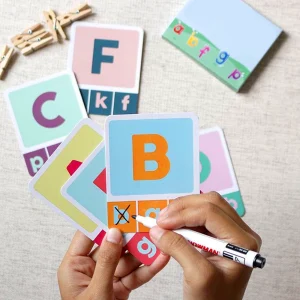
Overview of Suba’s Memory Game Cards
Suba has many products focusing on improving visual teaching. Some of these include Suba’s memory game cards with bright images and letters that are perfect for children’s learning. The latter are letter recognition cards and will not only help with recognizing letters but also cognitive skills during playtime! Each of these cards is designed with care so that they not only are attractive to the child but also serve an educational purpose.
This memory game helps children learn to remember things while having fun as it comes with multiple forms of learning practices. Kids play these cards and exercise tactic thinking and problem-solving cognitive skills in an exciting interactive way. The memory game cards from Suba can be used for many activities at home or in the classroom.
